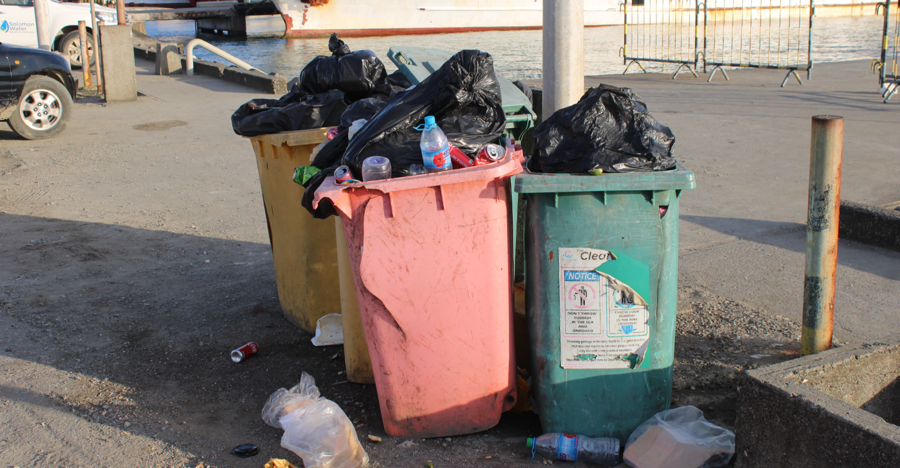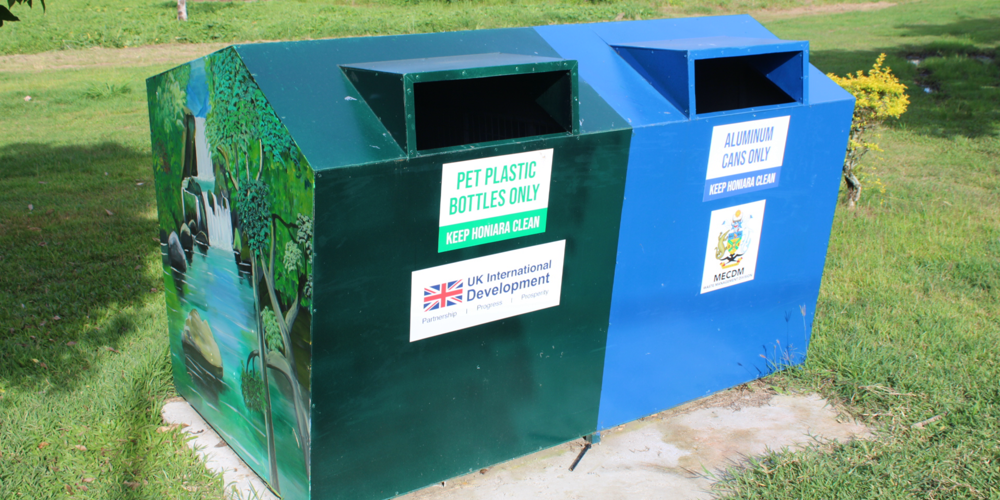Educating our students and younger generation at an early age on waste management is crucial to ensure future generations realise how important it is to dispose their wastes at the right place.
In Solomon Islands disposal of solid wastes remains a daunting task.
Most of the solid wastes came from plastics products, cans, rubbers and packaging.
In public spaces like schools wastes are produced daily and its a challenge for school administrations.
In Honiara most of the schools ensure they have rubbish bins around the campus.
And teachers would often remind the students about throwing their rubbish and wastes at the right place.
Most of the wastes are generated from food and drink packages like plastic ice-blocks, biscuit packets, noodles, lolly packets, can drinks, plastic water bottles and many more.
Each day a school compound is always packed with students and teachers attending classes.
And when its break time or lunch, most of the students would unpack their food or go to the school canteen to buy takeaway food.
After having their lunch, wastes are often generated.
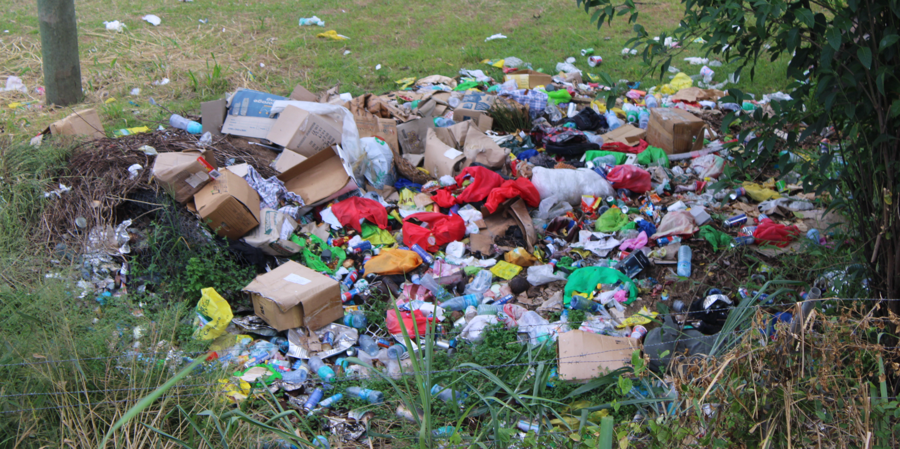
Because of this schools are encouraging students to throw their rubbish at the right place by placing bins.
Naha SDA Primary School in East Honiara ensures bins a placed at the right place.
The school administration is encouraging students to place their rubbish and plastic wastes at the right place and not to thrown anywhere.
One of the teachers said, educating a child on how to dispose their wastes at the right place must start at the home.
“So that when they go out in the public or other places, they just don’t throw their rubbish any where.”
In Honiara its a sad sight to see even some of the adults throwing their rubbish out of a moving vehicle.
Along the rivers, streams, walkaway, public amenities and coastal areas, rubbish and garbage are being dumped with out any care for the environment.
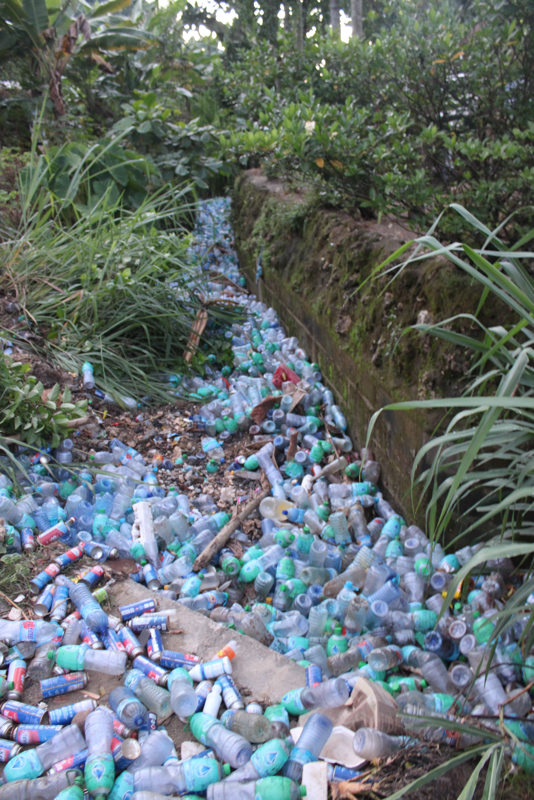
Its time for a change in the approach to raise awareness on waste management.
One of the best options is to involve students by teaching them about proper waste disposal avenues, emphasising the importance of the 3Rs (reduce, reuse, recycle), and promoting responsible consumption patterns.
At Betikama Adventist College, a boarding school of more than 400 students, two huge trash steel bins have been placed on the campus.
The bins have two space to place their wastes.
One is for aluminium cans and the other for plastic bottles.
This initiative is being supported by the United Kingdom (UK) and the Waste Management Division under the Ministry of Environment, Climate Change, Disaster Management.
One of the students Nola Gotina said, the two huge bins have been helpful because it makes it convenient for students to throw their wastes, be it plastic or cans into the right place.
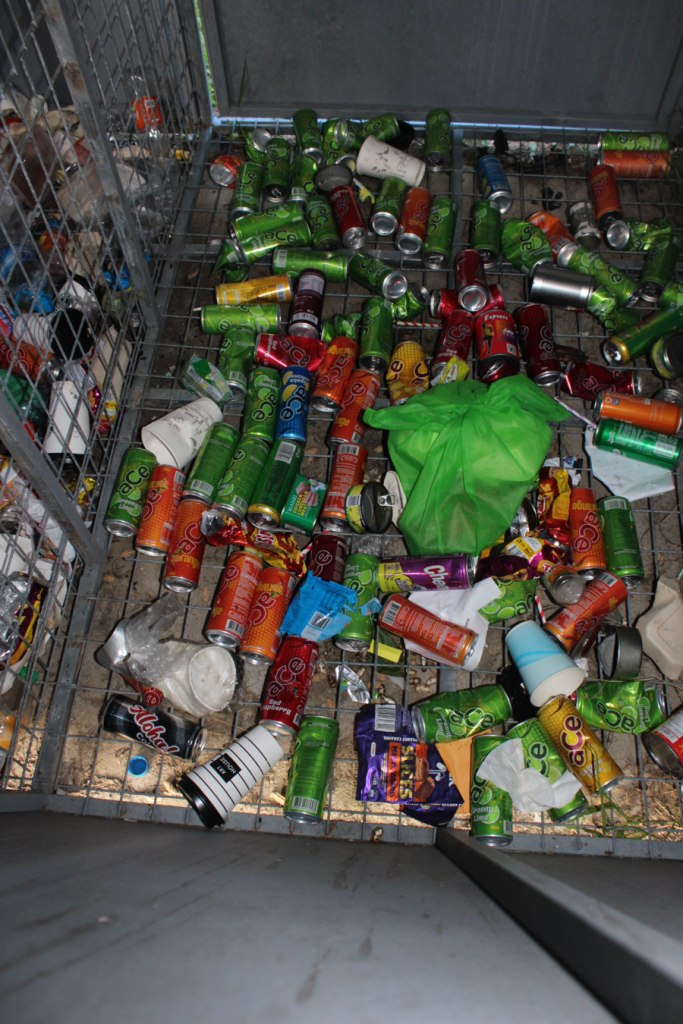
“In that way it keeps the campus clean at all time,” she said.
The school administration is thankful for the support from its partners to ensure throwing of rubbish on the campus compound is reduced.
Each day but most especially the weekend parents and friends normally visit the campus to see their children and loved ones.
So the bins make it convenient for them to place their wastes after they separated.
Government through the Waste Management Division had also been supporting many schools by providing them with bins.
The division believe that educating young children at an early age is important for the future of this nation.
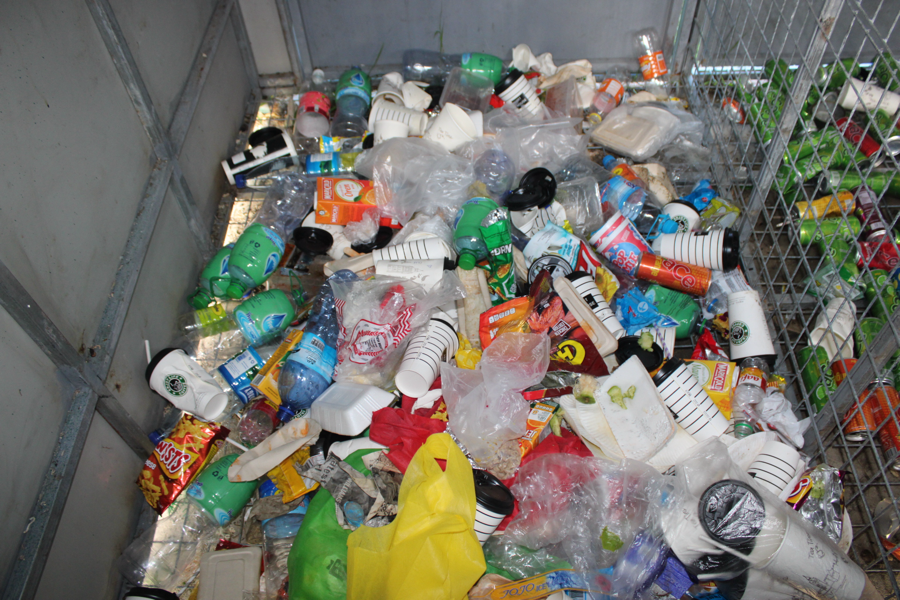
Permanent Secretary of Ministry of Environment Climate Change Disaster Management & Meteorology (MECDM), Ms. Susan Sulu at a consultation to come up with a project to reduce plastic pollution including in the marine environment in Solomon Islands stated that one of the most pressing environmental challenges is plastic pollution.
“Plastic has become deeply embedded in people’s everyday lives, offering convenience and utility.
“However, its persistence in the environment and the serious impacts it has on ecosystems, wildlife, and human health cannot be ignored any longer.
“Plastic waste has become one of the most significant environmental challenges of our time. Its impacts are felt not only globally but also locally, in our communities, our ecosystems, and especially our oceans.
Solomon Islands, like many other nations, faces the urgent need to find solutions that address this growing issue,” she said.
Ms. Sulu said the need for a well-thought-out strategy to manage the full life cycle of plastic from production, to use, disposal, and promote sustainable alternatives has never been more urgent.
“We must not only rethink how we use plastics but also how we can create a circular economy that minimizes waste and maximizes resource efficiency”.
She said that the formulation of the National Plastic Strategy will guide the national efforts to manage and reduce plastic waste.
“It is not just a document—it is a commitment to the future of our environment, our people, and our economy.”
Its time that Solomon Islands must take action to reduce plastic wastes.
Thus, engaging our young population and educating them of waste management is a forward.
By MOFFAT MAMU
Solomon Star, Honiara
